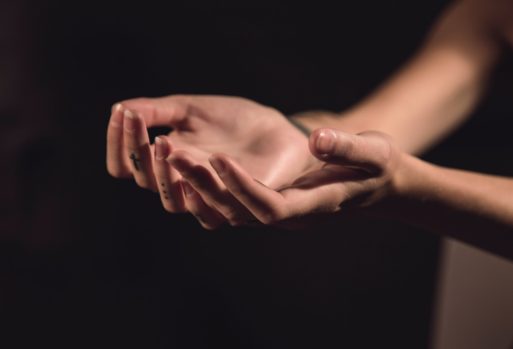 The Bahá’í Faith is a monotheistic religion founded in 19th-century Persia which emphasizes the spiritual unity of humankind. An estimated 5 to 6 million Bahá’ís live in more than 200 countries around the world.
The Bahá’í Faith is a monotheistic religion founded in 19th-century Persia which emphasizes the spiritual unity of humankind. An estimated 5 to 6 million Bahá’ís live in more than 200 countries around the world.
In recent years, there have been several incidents of vandalism, arson, and other attacks on Bahá’í-owned cemeteries in Iran. Most recently, authorities in the Iranian city Sanandaj, a largely Sunni Muslim area, are attempting to confiscate and destroy the Bahá’í cemetery in the city. In several incidents in 2010, bulldozers were brought in to destroy graves in the cemeteries, and vandalize and damage the spaces. Authorities have also made attempts to interfere with Bahá’í burial rites
The land, on a rocky mountainside and without vegetation, was once undesirable real estate, and was allocated to the Bahá’ís in the city eighteen years ago for use as a cemetery. After the first burial there in 1993, local Bahá’ís worked together to landscape their space, replacing the rocks with soil, and planting 250 cypress and fir saplings. They even installed electricity and built a small room for pre-burial preparations.
The Office of Natural Resources began to take notice of the site’s transformation, and suggested that the Bahá’ís expand the green zone beyond the cemetery. The offer represented the respect that the city’s residents had gained for the Bahá’í as a peaceful presence in their city. But now, authorities want to repossess the land.
“In the light of [an] upsurge of persecution of the Sanandaj Bahá’í community, it looks like the fate of the cemetery has already been decided at the order of the Ministry of Intelligence,” said Diane Ala’i, the Bahá’í International Community’s representative to the UN. “The beautification of the cemetery in Sanandaj and its surroundings is evidence of the sincere and positive contribution Iranian Bahá’ís wish to make to their country. What is equally evident is that the authorities find such a thing impossible to accept.”
The Bahá’í Faith emphasizes the equality of human beings, and the abolition of prejudice. Though the highly varied nature of human beings is recognized, humanity is seen as essentially one. The Bahá’í believe in the existence of a separate consciousness – a soul – to every human being, and that when a person has died, the soul passes into the next world.

Bahá’í burial practices typically do not permit embalming, and a person is generally buried within an hour of the place of death, to discourage becoming attached to any particular geographic place. Funeral services will usually be held within two or three days after the death, and customs overall are designed to accommodate a family’s personal preference, rather than rely on traditions.
The recent attacks on the burial grounds of the Bahá’í in Iran seem to be an attempt to disrespect the minority, to reclaim the land that represents a peace between the clashing cultures in the area.
“Not content with only persecuting the living, the Iranian authorities seek to disturb the peace of even those who have passed on,” said Ms. Ala’i. “This is the latest in a long string of attacks on Bahá’í cemeteries and burial rites. All are in complete violation of international standards of human rights and any decent person’s understanding of respect for the dead.”

 A Look into Baha’i Faith Burial Rites
A Look into Baha’i Faith Burial Rites


 Debating Medical Aid in Dying
Debating Medical Aid in Dying
 “Help Me, Helen”
“Help Me, Helen”















